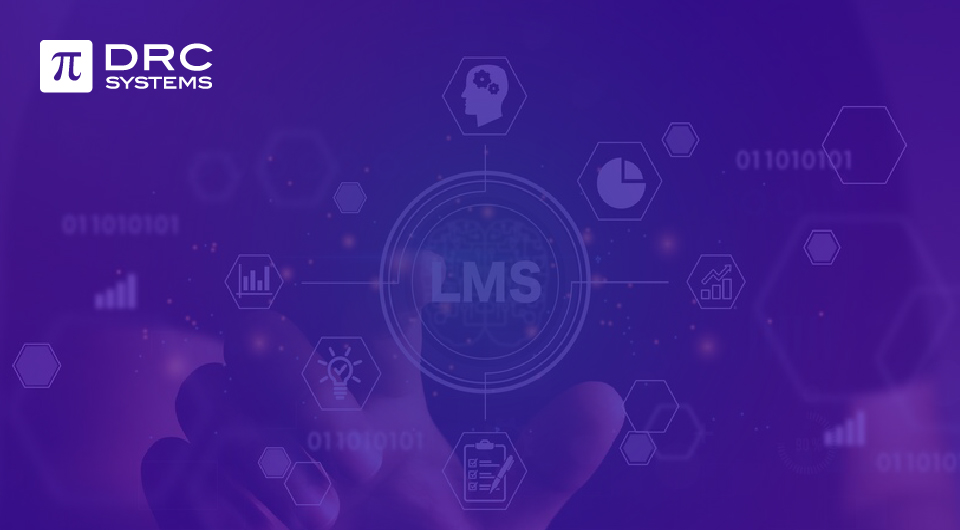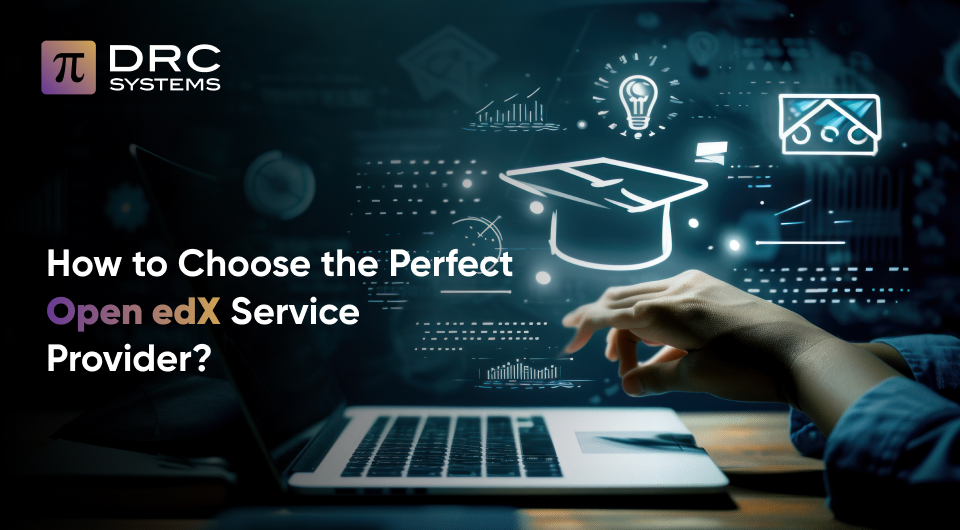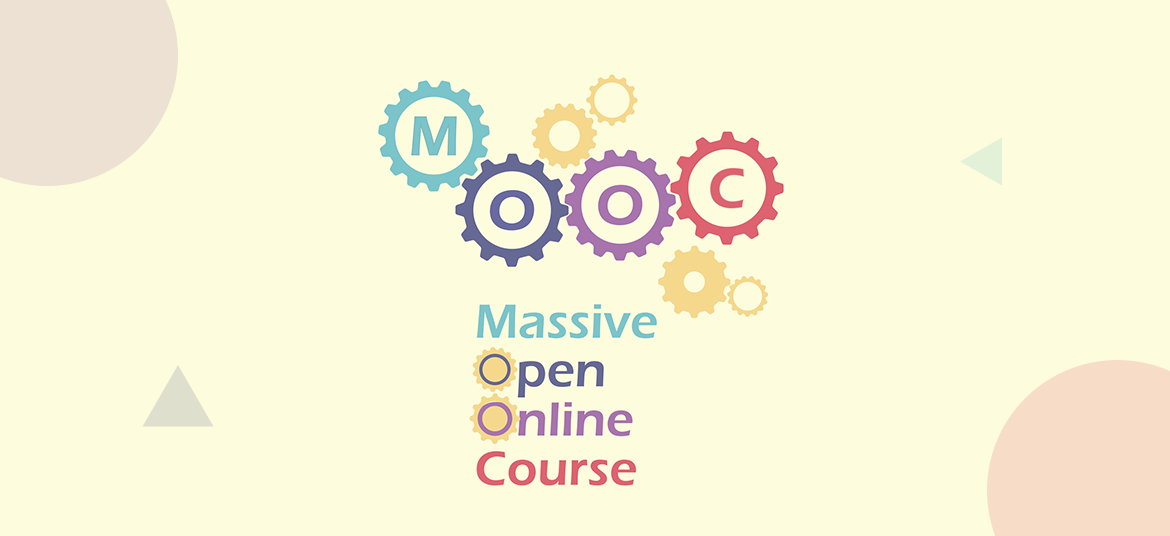Related Articles
How to Choose the Perfect Open edX Service Provider?
Finding the right Open edX service provider is easier than you think. Here’s what to look for to ensure the best fit for your eLearning goals.
Read The PostTop 10 Reasons To Take A MOOC In 2021
Why are MOOCs so popular? How can these courses help you stay ahead of the traditional learners? Discover the top 10 reasons to take MOOCs and upskill yourself in 2021.
Read The PostHow an LMS Can Promote Business Agility in the Age of COVID-19
Want to increase your business agility during these tough times? This is how an LMS can boost up your business agility during COVID-19.
Read The Post


